Clinical Chemistry
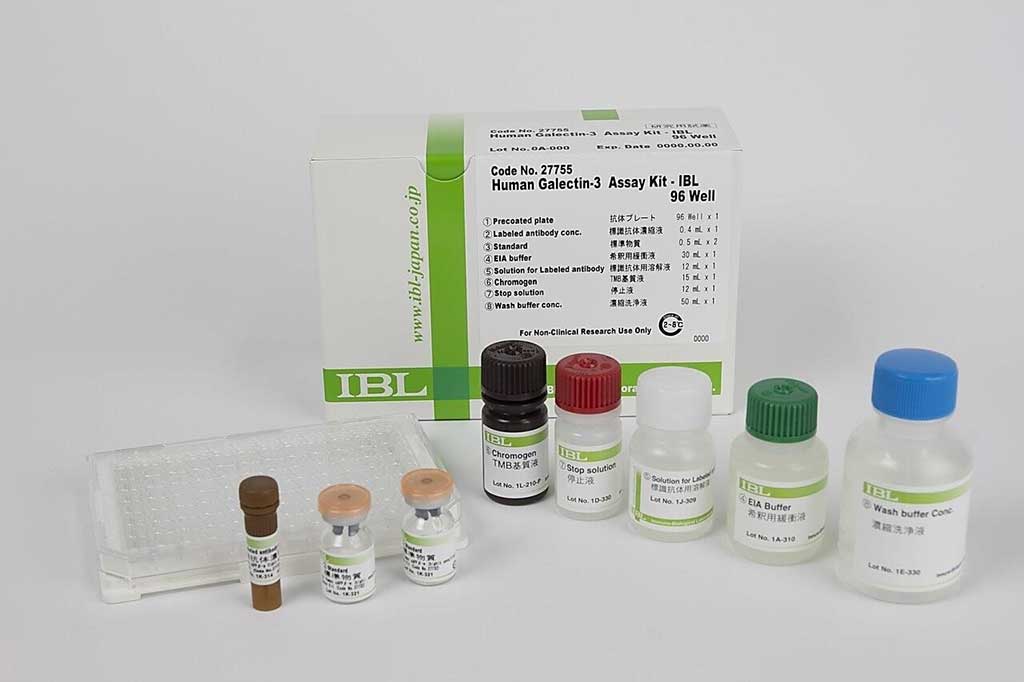
Galectin-3 Predicts Cardiovascular Disease Risk in Diabetic Patients
Cardiovascular disease (CVD) is a general term for conditions affecting the heart or blood vessels. It's usually associated with a build-up of fatty deposits inside the arteries (atherosclerosis) and an increased risk of blood clots. Type 2 diabetes (T2D) can lead to early and severe atherosclerosis. More...19 Oct 2020
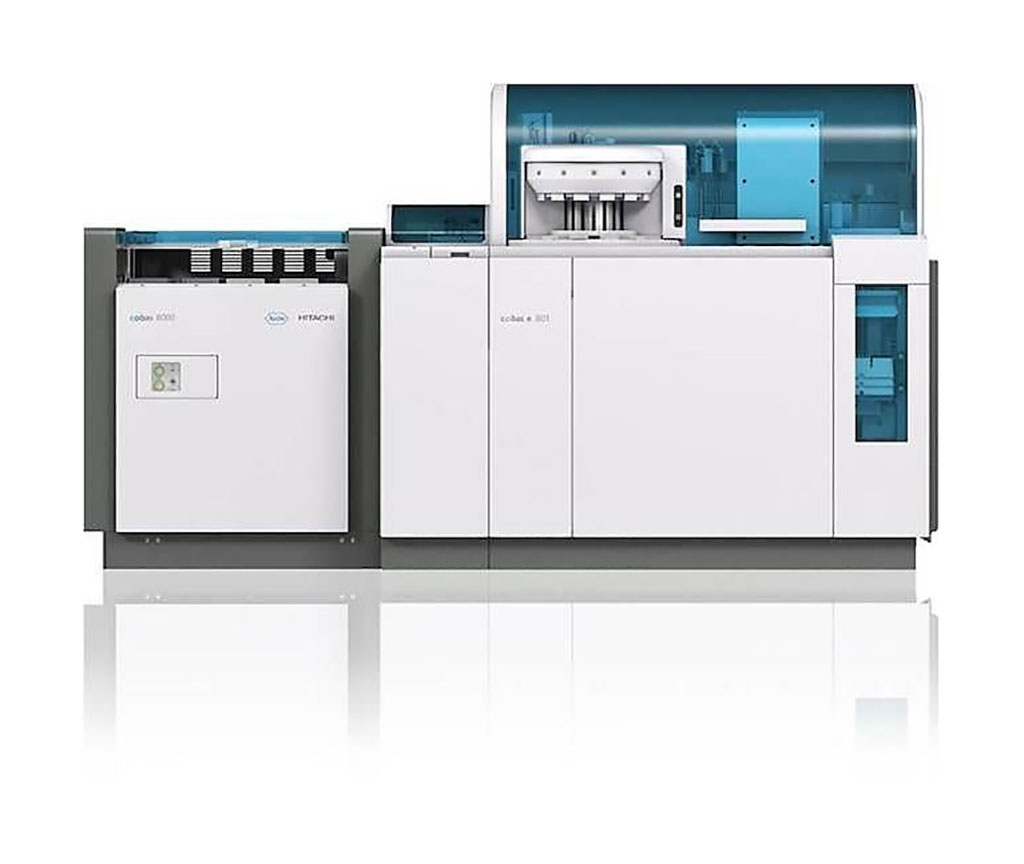
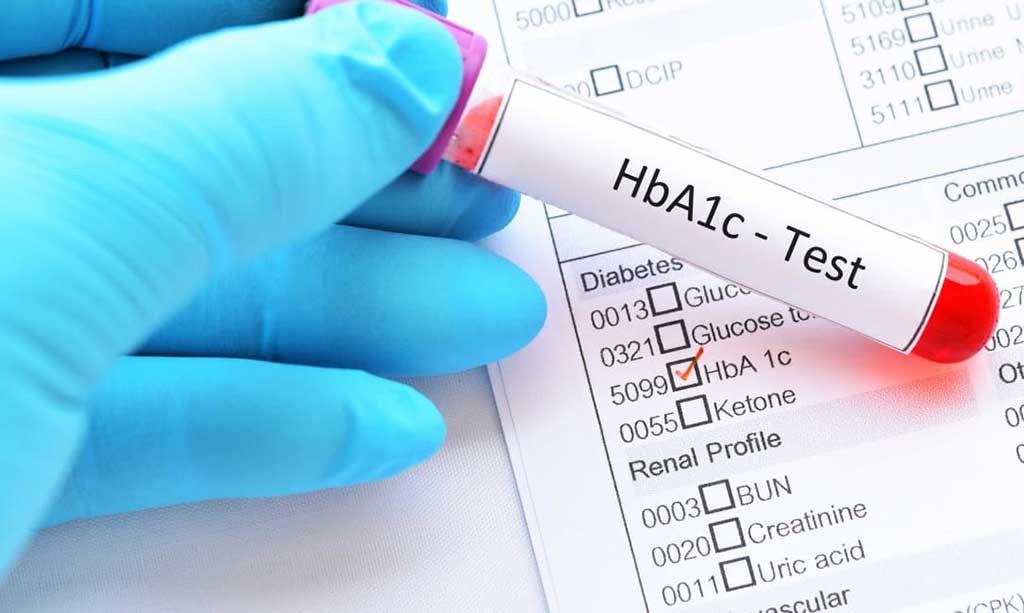
Glycated Hemoglobin Screening Reveals Undiagnosed Diabetes
Type 2 diabetes (T2D), formerly known as adult-onset diabetes, is a form of diabetes that is characterized by high blood sugar, insulin resistance, and relative lack of insulin. Common symptoms include increased thirst, frequent urination, and unexplained weight loss. More...15 Oct 2020
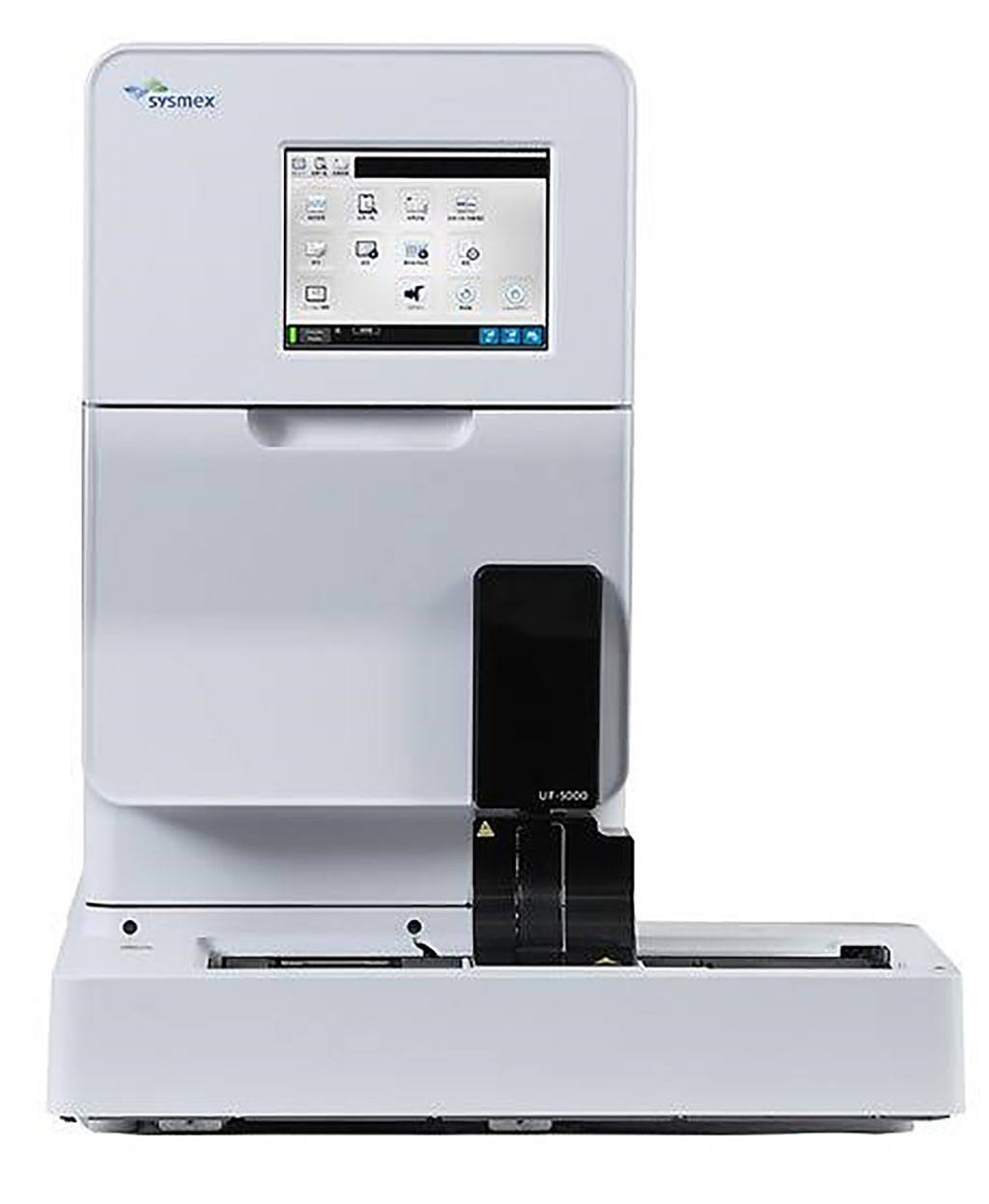
Urine Osmolality Measurement Evaluated on Automated Analyzer
Urinalysis is a convenient and non‐invasive screening tool for use in both an outpatient and inpatient setting. Automated flow cytometry‐based urine analyzer is increasingly being used to identify and enumerate cells and particles in urine specimens. It measures electrical conductivity which could be transformed to osmolality. More...06 Oct 2020
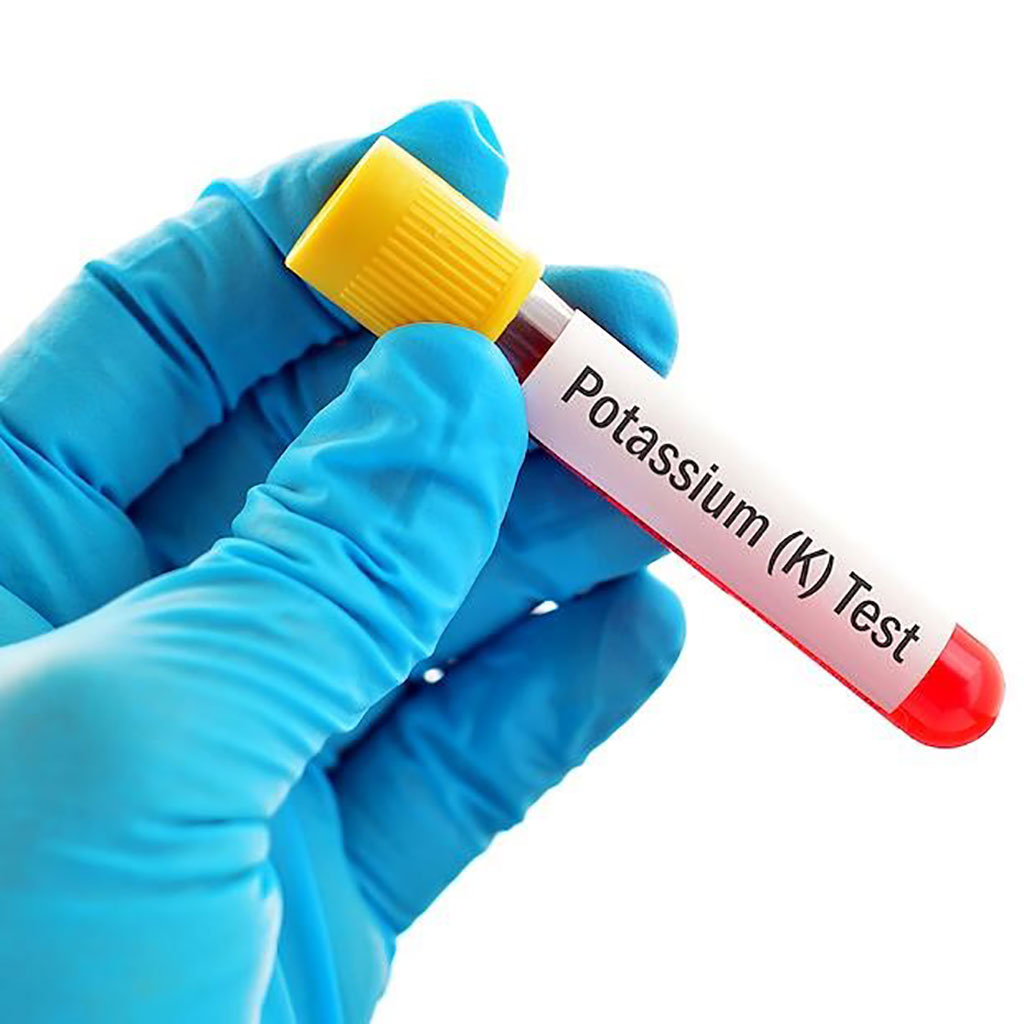
Hypokalemia Is Associated With COVID-19 Severity
Early studies reported various electrolyte abnormalities at admission in patients who later presented the severe form of coronavirus disease 2019 (COVID-19). Electrolyte imbalance may not only affect patient care, but could provide insights into the COVID-19 pathophysiology. More...01 Oct 2020
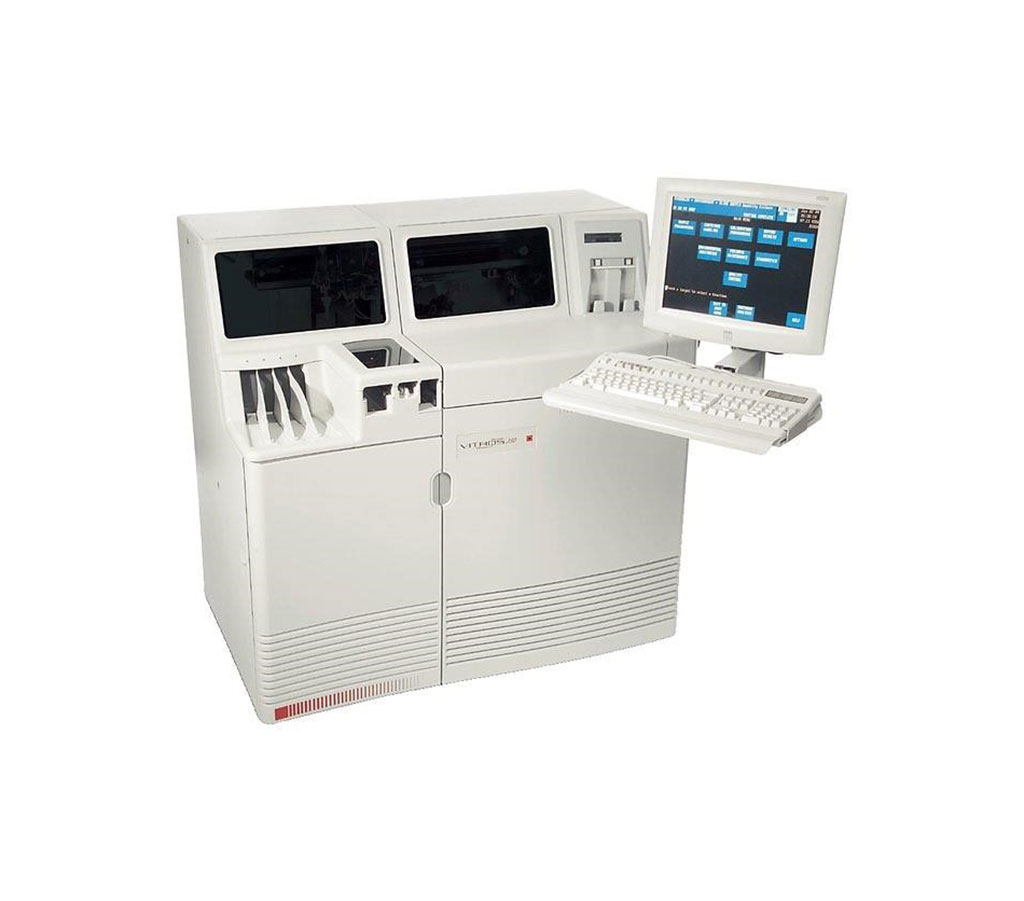
Ammonia Predicts Prognosis in Hepatitis B Virus‐Related Liver Failure
Acute‐on‐chronic liver failure (ACLF) is the rapid deterioration of liver function in chronic liver disease often associated with the development of serious complications such as hepatorenal syndrome and hepatic encephalopathy within a short period of time. More...24 Sep 2020

Hematological Parameters Evaluated for Cervicocranial Arterial Dissection Stroke
As artery detachment, artery dissection refers to the vascular disease in which blood flow enters the artery wall and causes dissection of vascular wall. Cervicocranial arterial dissection (CCAD) can lead to stenosis or occlusion of the lumen has become one of the most frequent causes for ischemic stroke in the young. More...23 Sep 2020
In Other News
Complex ABO Glycan Phenotypes Predicted by Lectin Microarrays
Novel Blood Test Predicts Psychotic Disorders Before They Emerge
Equivocal HbA1c Test Results Increases Risk of Neonatal Hypoglycemia
Diabetes Blood Markers Linked to Alzheimer’s Disease Pathology
Plasma Eicosanoids Characterized During Gestation Predicts Outcome
Lymphocyte Count Correlated to Comorbid Diabetes and COVID-19
Biomarkers Evaluated for Severity of Diabetic Kidney Disease
Nanoparticle System Captures Heart-Disease Biomarker From Blood
High Blood Glucose Tied to Cardiovascular Risk in Diabetes
New Technique Predicts Preterm Births in High Risk Women
Dolichol Biomarker Evaluated for Congenital Disorders of Glycosylation
Simple Urine Test Significantly Improves Detection of Adrenal Cancer
Lipocalin 2 Proposed as Biomarker for Bacterial Meningitis
Protracted Ketonemia Reported in Hyperglycemic COVID-19 Emergencies
Plasma Lipidome Investigated in Hereditary Hemochromatosis
Different Ways of Measuring HDL Predicts Cardiovascular Disease
Melatonin Levels in Parkinson’s Patients Linked to Non-Motor Symptoms
Blood Tests Predicts the Risk of Liver Cirrhosis
Fully-Automated Calprotectin Immunoassay Validated for IBD Patients
Geochemistry Test Identifies Osteoporosis Earlier Than Standard Method
Pediatric CKD Progression Linked to Low Serum Bicarbonate
Presepsin Values Evaluated as Sepsis Severity Markers
Pregnancy TSH Variations Prompt Erroneous Thyroid Disease Diagnosis
The Clinical Chemistry channel updates the reader on tests, techniques, and research in the field - from routine assays to specialized tests on blood, urine, enzymes, lipids, hormones and more.










